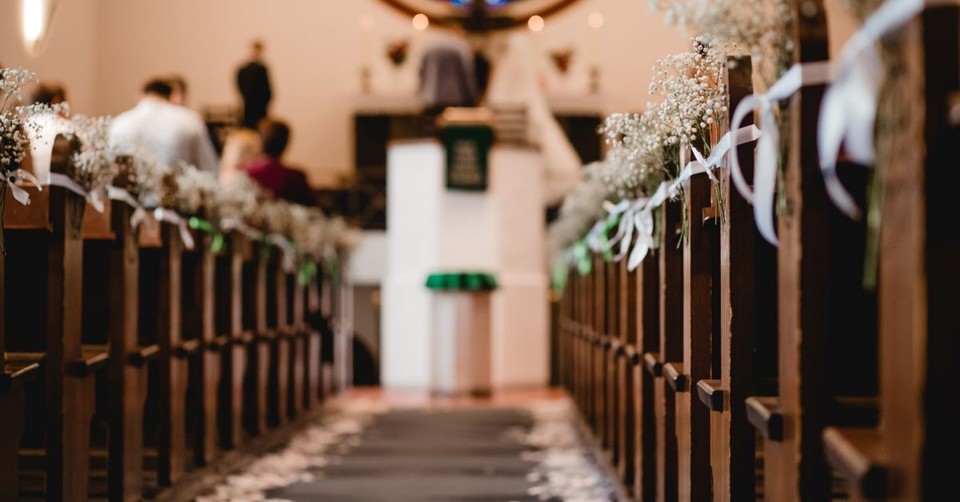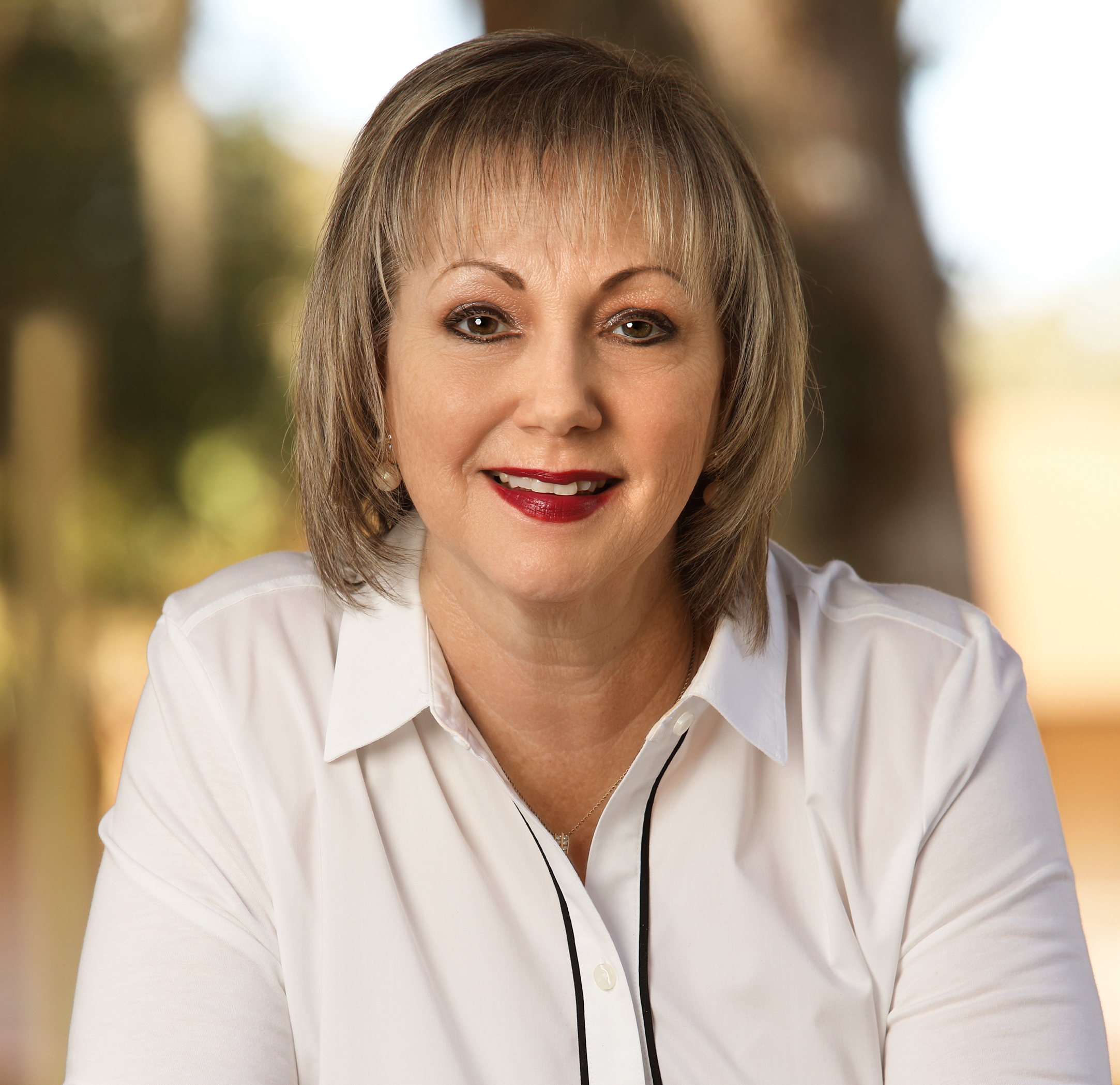What it Means to Trust Jesus as Our Heavenly Bridegroom

During my first trip to Israel, I—along with five other journalists—sat on the desert’s sandy floor just outside the ancient ruins of Beersheba, under the scant shade offered from the covering over Abraham’s Well. Miriam (Feinberg Vamosh), our guide and interpreter, enraptured us as she told the story of Rebekah’s journey to that area to marry Isaac, the son of Abraham and Sarah (Genesis 24). Sarah had previously died, and Abraham was concerned that Isaac would, as his older half-brother had, marry a Canaanite woman. He asked his elder servant to travel north to find a wife for the young man there from among the family. The servant obeyed and, shortly thereafter, returned with Rebekah, Isaac’s first cousin once removed.
Rebekah had been prayed for, even before the servant found her. She was young, a virgin, and the granddaughter of Abraham’s brother. After meeting her at a well, he gifted her with many priceless gifts from her future father-in-law—the bride price. Then he returned with her to her home and requested her hand in marriage on Abraham’s behalf for Isaac. An agreement was made and then she went with the servant to the southern part of Israel.
“According to Scripture,” Miriam told us, “Isaac was praying in the field one evening. Later, as he returned, he looked up and saw two camels approaching—one carrying the servant and one carrying Rebekah. At that same time, Rebekah looked over and saw Isaac and promptly got off her camel. ‘Who is that?’ she asked the servant and the servant answered that it was her betrothed.” Then Miriam’s eyes lit up and she said, “But, if you read this in the original language, it says that when she saw Isaac, she fell off her camel.”
There’s simply something very romantic about that, don’t you think?
Modern grooms don’t have fathers who send servants upcountry laden with jewelry and other gifts. In most of our modern betrothals, a young man and young woman date for a while and, sometimes, he will—after they decide they wish to marry—go to her father and ask permission for her hand. I realize that’s not always done in these days and times, but sometimes it still happens. A ring is purchased—typically a diamond—and a date is set. From that point on, it’s crazy-crazy on the bridal front. Dresses must be purchased, and tuxes are rented. Floral arrangements are decided upon as a church and reception venue are reserved. Dinners are scheduled. Showers are planned. Parties are attended. Gifts for the bridesmaids and groomsmen as well as others are purchased.
And the bride and groom begin to look at either apartments to rent or houses to buy.
Meanwhile, the father of the bride is writing checks out of the account he opened years before just for this event—and hopefully, he’s saved enough because today’s all-out weddings can be astronomical in cost.
In Biblical Times
In biblical times, including in the time of Jesus, people typically married young in life and those marriages were most often contracted between the fathers of the bride and groom. Yes, the groom had given his thumbs up and, before the ketubah (marriage contract) was signed, the bride had given her own, but all that was merely a formality. The contract had been negotiated by the fathers, written up, and was now ready to sign.
Unlike in our modern engagements, the father of the bride in ancient biblical times didn’t have to worry about calling the bank first thing Monday morning to see how his savings account was faring. In Jesus’ day, the cost fell on the groom’s father. If the groom’s father had died, the bride price (known as the mohar) became the responsibility of the groom. In addition, the groom provided the mattan, or special gifts given to the bride, just as Abraham’s servant had given gifts to Rebekah.
With the ketubah signed, the couple were officially betrothed and legally married, although they did not consummate that marriage until some time later. The bride stayed with her father and prepared herself to be a wife and mother while the groom returned to his father’s home where he added a room on to the established house. This would be where he and his wife would live once the marriage was finalized.
So, the groom prepared and the bride prepared and they both waited for the groom’s father to—on a day only he knew—say, “Go get your bride, my son.”

Photo Credit: ©Getty Images/mictian
What Jesus Said
“Do not let your hearts be troubled. You believe in God; believe also in me. My Father’s house has many rooms; if that were not so, would I have told you that I am going there to prepare a place for you? And if I go and prepare a place for you, I will come back and take you to be with me that you also may be where I am. You know the way to the place where I am going” (John 14:1-4).
As we study the questions God asks throughout the Scriptures, we cannot help but stop and ponder this one—not only because Jesus is indirectly referring to Himself as the Bridegroom and in doing so reminding those listening of one of their most important customs—but also because He is, in essence, asking, “Do you believe me?”
Throughout the New Testament, Jesus either refers to Himself or is referred to as the Bridegroom of the Church (and, subsequently, the Church is referred to as the bride of Christ). We can find these references in Matthew 9:15; Matthew 25:1-13; Mark 2:9; Luke 5:34; John 3:29; Revelation 3:12; Revelation 21: 2, 9-10, as well as a few others. Additionally, Paul compares the relationship between a husband and wife to that of Christ and the Church in Ephesians 5:23-33.
The Trust Issue
From the moment I met my husband, I trusted him. I never had a reason to doubt him or to think he would ever lie to me. I believe that goes both ways. Without that trust, our marriage may have fallen apart not too long after it began. Love goes a long way and physical attraction is certainly important, but trust is key and building on that trust is equally as important as having it in the first place.
In that same way, we, as members of the Church, must trust our Heavenly Bridegroom. But how can we know that what He said is true?
For one, He proved to be who He said He was (and is). Jesus was not the first to say He was the Messiah, and He certainly wasn’t the last, but He is the only one who carried that claim to the cross, to the grave, and then to resurrection. He said He would rise on the third day, and He did. We know because there were witnesses who recorded it and, ultimately, because out of the original Twelve, eleven disciples (Judas was dead) took the message to the farthest corners of the world as they knew it, even to their deaths, ten of those (traditionally) by martyrdom. Why? Because when you’ve seen a dead man walking, you cannot and will not shut up about it.
Countless times Jesus used the word “believe” when He taught, including in the John 14 passage when he begins by asking that those who heard, also believe. Some other examples are Matthew 9:27-30; Mark 9:14-24; and John 11:17-44. He wanted those with Him to trust that what He was saying was true. In the Greek language, “believe” is pisteuo (transliteration), which means: to have faith in, to put your trust in, to be committed to that faith and trust.
When I fly to various conferences and women’s groups, I trust that the plane will leave the ground and sail across the sky. I trust that the pilots know what they’re doing in the cockpit. I am so committed to that belief, I purchase a ticket, walk onto the plane, and sit down.
How can I do any less for my Bridegroom who, along with His Father, paid the ultimate mohar? The One who brought such gifts as the Holy Spirit and all the gifts the Holy Spirit brings as well.
So now the question circles back to you. Jesus said it. Do you believe that this one thing that Jesus said—My Father’s house has many rooms; if that were not so, would I have told you that I am going there to prepare a place for you?—is true? Do you believe He will return? It’s a lot to take in, I know, but it’s fairly simple. Do you believe that every word which came from His mouth is true? Enough to “get on the plane and expect it to take off”?
What makes you believe that it is so, sweet bride of His heart? Write it down.
Photo Credit: ©GettyImages/LElik83

Originally published July 08, 2022.




